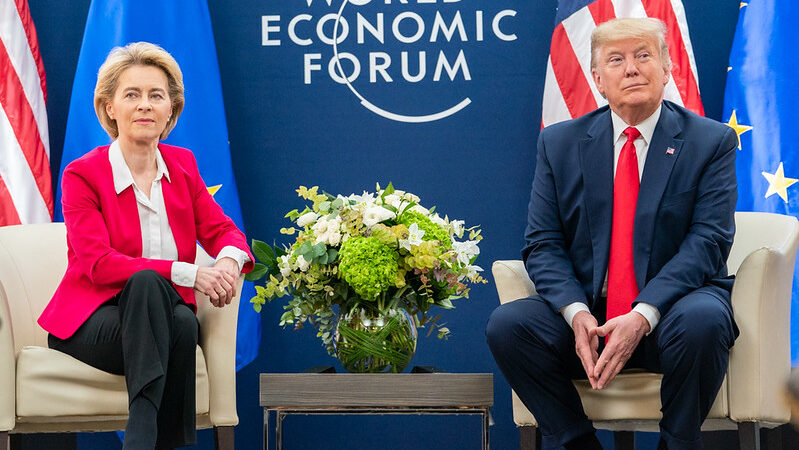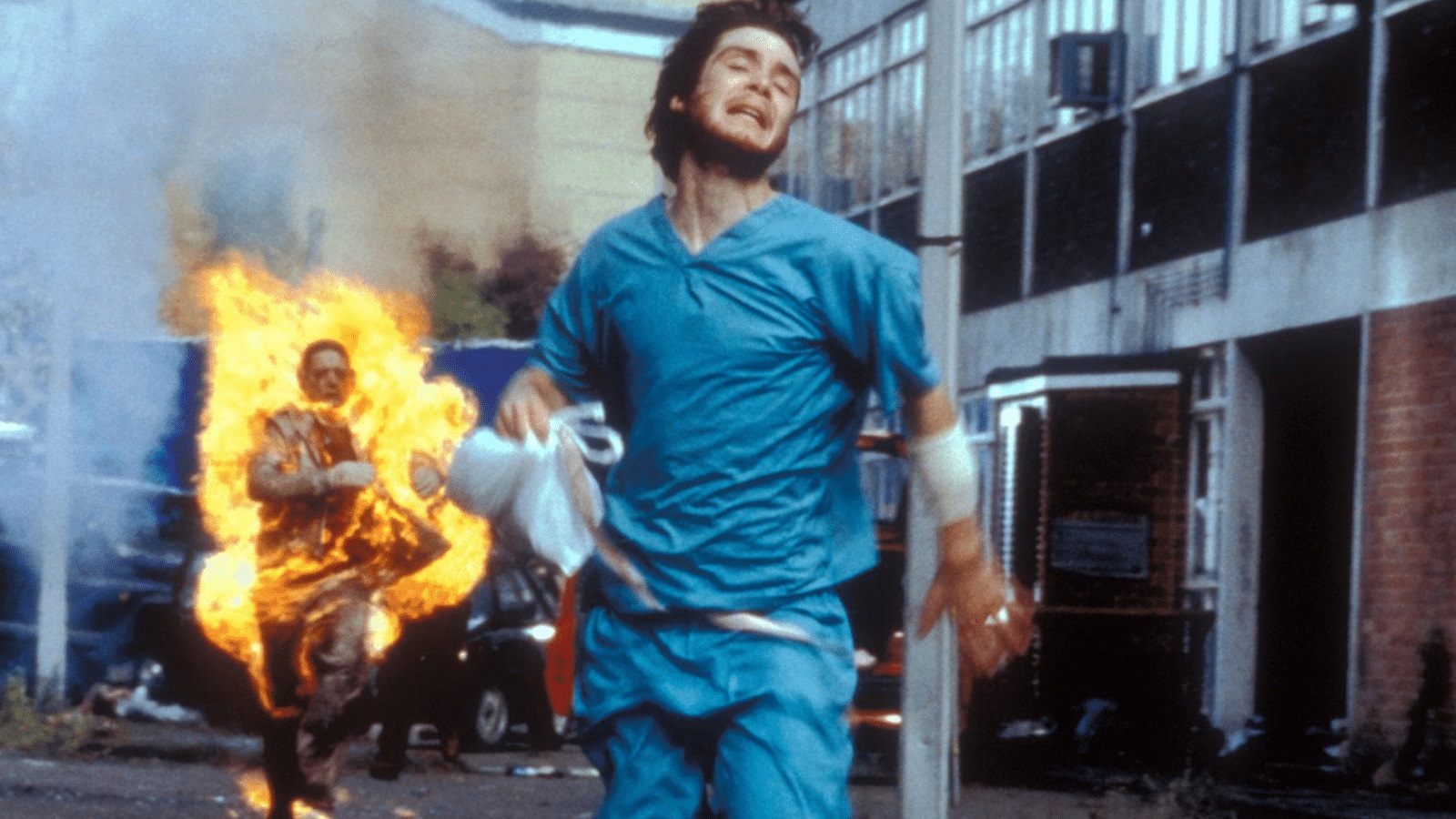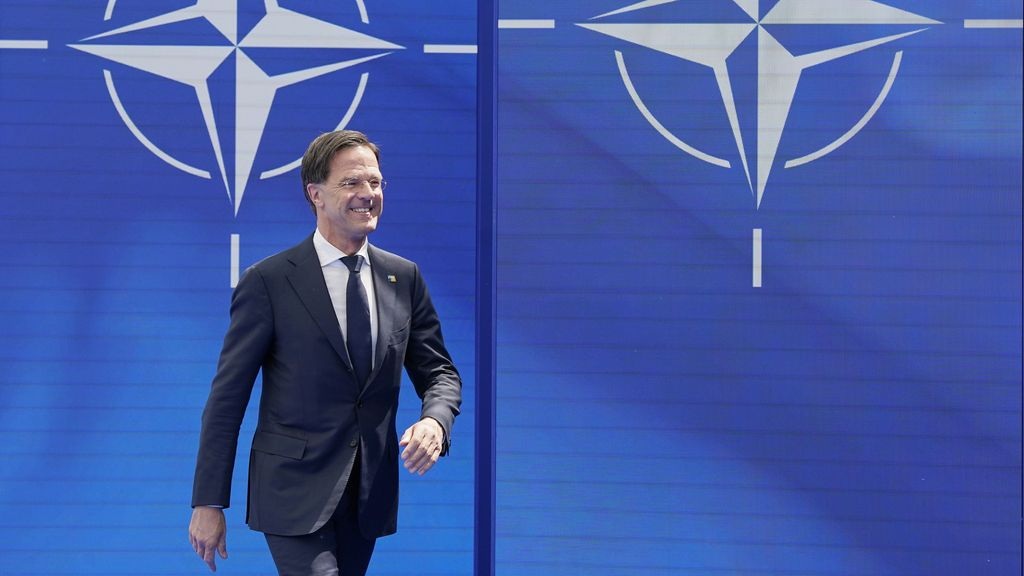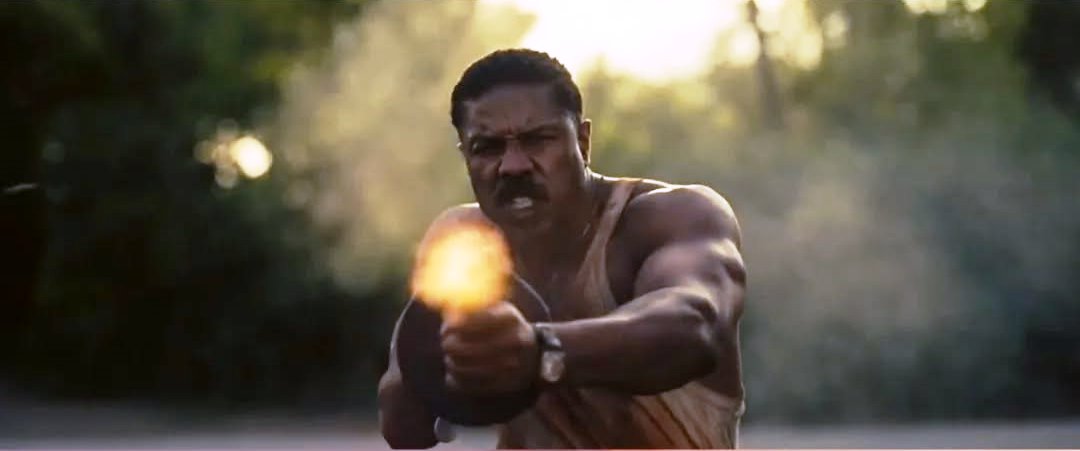
In his book Plagues and Peoples historian William Hardy McNeill uses two concepts to describe the impact of diseases on humankind. One are the micro-parasites: the bacteria, viruses and other invisible lifeforms that cause disease. The other are the macro-parasites: the rulers, states and conquerors that impose taxes on subjects, taking their labor and sometimes not giving much in return.
By Addie Schulte
In his book, originally published in 1976, McNeill sets out the links between disease and civilizations. One of the most well known examples of the impact of a viral disease on world history is the role of smallpox and other infections in the Spanish conquest of Mexico and the Andes. Up to 90 percent of the Amerindian population perished. Both conqueror and conquered believed this was a divine sign, setting the stage for colonial domination.
In the current coronacrisis it is also urgent to keep a sharp focus on the relation between the micro-parasite and the macro-parasite realities. Scientists are frantically researching all the aspects of Sars-Cov-2. They already know a lot, but there are still a many important questions to be answered.
On the macro side the situation is even more confusing. There is the expectation, sometimes even the hope, that this crisis will change a lot and for the better. At the same time there is a huge desire to return to normal, to pick up old habits. A relevant question in this perspective is; how will this crisis influence the future? The impact of the crisis will be felt on many fields.
There are three domains, however, that stand out:
* The first is the relation between nature and humankind: the ecological.
* The second is the relation between the state and the individual: the political.
* The third is the relations between states: the geopolitical.
Ecology
The ecological domain is the most fundamental. It is however also the slowest to change. While not everything is known yet, it seems certain that Sars-cov-2 migrated from bats to humans, presumably via another animal like the pangolin. This migration is not uncommon, a lot of human infectious diseases find their origins in (other) animals, like cattle, chickens or dogs.
The new coronavirus highlights the risks of living together with (wild) animals and maybe also eating them. China has for some time tried to stop the markets where wild animals are bought and sold, but even if that is successful, it would be difficult to restrict all human-animal interaction.
Some are prone to attach direct significance to this animal-human transfer. Nature strikes back after everything we did to her, writes the philosopher Slavoj Žižek. This embodies the virus with a will of its own or as a tool in the hands of a force called nature. There is no scientific proof for that, to say the least.
But the virus does make us aware that humans, the conquerors of forests, deserts and seas, the masters of the Anthropocene, are still vulnerable. We are not as powerful as we might think. This could impact our relation to nature, and other potential catastrophes that are man-made as well as stemming from nature.
On top of that list is, of course, climate change. The current standstill of cars, planes and factories drastically reduced the emissions of CO2 and other greenhouse gasses. The skies above the industrial heartlands are clearing up, bringing a tremendous health improvement and in some ways a bright shining future that is ours if we reduce our use of fossil fuels.
Whether the skies will stay that way is to be doubted. But in the back of our minds we can see it as a possibility to reduce economic activities to force a ecological turnaround.
But let’s turn to politics first.
Role of the state
The management of this crisis is left largely to the state. This observation can seem to be a no brainer, but the implications are huge. The state has not been surpassed by multinationals or international organisations. Also it is mainly the national level of the states that is calling the shots.
Mayors and governors may play an important role, it is presidents and prime-ministers who are taking the lead (or occasionally refuse to do so). And this is true in all sort of political systems. Ideas about the decline of the state can be shelved for some time. Only the state can act in all the different arenas where action is necessary: health, economy, security, imposing a new public order.
For citizens this means a new dependency on the state. The press conferences of the national leaders, in normal circumstances only interesting to a handful of professionals or political addicts, are among the best viewed programs. A new pronouncement on social distancing, extending or relaxing a lockdown, can directly affect the daily live of millions of people.
Political power is not a joke anymore, a sideshow or a form of amusement, it is a reality of tremendous force. And this also applies to economics. In financial terms a large part of the free markets economies have been nationalized.
This largely means that for now the incumbent rulers are confirmed in their position. The Chinese leaders, who initially appeared to be taken by surprise, are fully confident again. Crisis is a boost for the powers that be.
A lasting impact of the crisis can be a reinforcement of authoritarian tendencies. Now is not the time for opposition, oversight or protest, is a often heard phrase. There is no reason to blame the virus as this tendency was already underway. But the need for speedy action and decisiveness can strengthen it.
Technology can add to these tendencies. Apps to identify infected people and warn others are being used and researched in several places. They could provide a way to combat the virus, but may at the same time increase the knowledge of the state of the movements of its citizens. Privacy, a bulwark of free citizens against a potentially oppressive state, can be seen as a luxury that is not available in times of crisis.
Anyway, a more powerful state could very well be the outcome of this crisis. How the state uses that power, remains an open question.
International rivalry
The last domain is that of relations between states. Despite the role of the WHO, it has been largely every state for itself. International cooperation, outside of science, is minimal or takes the form of highly propagandist forms of public relations. Medics and face masks are sent around the world to show strength.
In a way this presents a paradox. All countries face the same virus, the same threat, but this does not lead to unity. Suffering in this crisis tends to unite at the national level and to polarize at the international level. Even the border crossings between the Netherlands and Belgium, open since 1960, are closed.
This intensification of international rivalry can take the form of racist slurs or even attacks on people that are seen as risks or blamed for the disease. It also leads to states competing for scarce resources and goods, like face masks or ventilators. The virus does not make us more friendly.
Rivalry can also extend to a contest between political systems. Who is the best at beating the virus? The centrally led one party state of China? The federal system of Germany or the technocratic states like Singapore? Or maybe, that political experiment, the European Union?
As China has taken the blow of the first wave and is reasserting itself while the US is feeling the full impact, the latter seems to be in a weaker position. Debts in the US are piling up and millions of people have lost their jobs. Politicians are as divided as ever. The inequality of the American health system is in plain sight, even of the Trump administration. As always, the weaknesses of the US are very clear to see.
But, if the crisis does not last too long, the US could bounce back quickly. At the moment it is too early to say if this will have a structural impact on the US, a country that has been seen as in decline for a long time.
The crisis has not led to an improvement of this vital relationship between the US and China, both sides seeing it as a new episode in their feud. The gap between the two countries could widen, if the US persists in an America First-policy, and China is building and buying partnerships across the globe.
The political and geopolitical impact of this pandemic can be as severe as the direct impact on the health of lives of people. More powerful states, that strengthen their control over citizens, and an intensification of international rivalry is not a very pleasant perspective. If this is the outcome, it might negate any effects on the relation with the environment. A green deal might not seem so important anymore, if we feel we need basic protection. Still, this relationship with our environment is vital, as has been proven by the virus.
McNeill ended his book about plagues on a sombre note: “For the present and short-range future, it remains obvious that humanity is in course of one of the most massive and extraordinary ecological upheavals the planet has ever known. Not stability but a sequence of sharp alterations and abrupt oscillations in existing balances between micro-parasitism and macro-parasitism can therefore be expected in the near future as in the recent past.”
The Sars-Cov-2 virus will eventually become a smaller threat, through vaccination or so called herd immunity. But it will still have laid bare the fragility, weaknesses and strengths of political, ecological and economic arrangements. Who doesn’t learn from crises, is wont to experience them again.
Addie Schulte is a Dutch journalist and historian. His most recent book is De strijd om de toekomst. Over vooruitgang en doemscenario’s ('The battle for the future. On progress and decline')
This article first appeared in Dutch on addieschulte.nl and sargasso.nl





